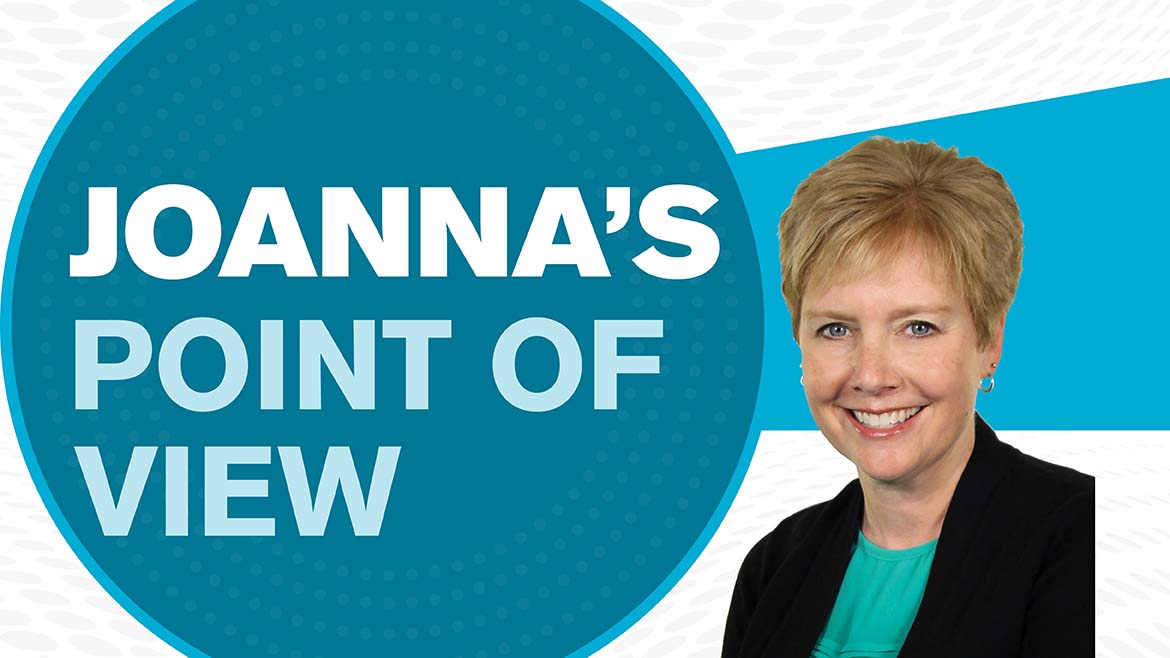California lawmakers, along with the state’s Air Resources Board (CARB), have been on a roll lately, banning just about anything that they believe could hamper the state’s ability to reduce emissions and mitigate the effects of climate change. This includes the eventual elimination of natural gas furnaces, water heaters, and ovens, as well as virgin refrigerants over a certain GWP (including R-410A) and gas-powered cars.
Yet this may not be the best way to achieve their environmental goals, according to Bill Gates. During a recent Bloomberg podcast, the founder of Microsoft said that it’s not realistic to think that people are going to change their lifestyles because of concerns about climate.
“You can create a North Korean-type situation where the state’s in control. Other than immense central authority to have people just obey, I think the collective action problem is just completely not solvable,” he said.
Disagreeing with this premise are the California lawmakers and policy wonks who believe these bans are necessary in order to meet the laws requiring the state to achieve carbon neutrality by 2045; reduce HFC emissions 40% below 2013 levels by 2030; and curb overall greenhouse gas emissions to 40% below 1990 levels by 2030. Reaching all these goals will be a challenge, as the majority of Californians rely on gas to power their space and water heating appliances, as well as their cars, while R-410A is still the primary refrigerant used in stationary air conditioners and heat pumps.
And it will come with a steep price tag. Experts in state government concede that the cost to electrify existing structures alone will be immense, with estimates expected to be in the multiple hundreds of billions of dollars. And there are questions as to whether the state’s electrical grid is able to handle an influx of electric appliances and cars. According to recent reports, supply gaps could leave up to four million Californians without power and by 2025, the state is expected to have a capacity shortfall of about 1,800 MW. But that is not stopping California from moving forward.
Indeed, the city of Berkeley was the first in the state to embrace bans, having prohibited new natural gas infrastructure starting in January 2020. The ordinance includes all new construction, except for building additions and remodeling projects, so builders and owners of new structures must find alternatives to natural gas for heating spaces and water, drying clothes, and cooking.
Following that, Governor Gavin Newsom issued an executive order that requires all new cars and passenger trucks sold in California to be zero-emission by 2035. CARB was tasked with developing the accompanying regulations and just recently released its Advanced Clean Cars II rule. The new regulation requires automakers to deliver an increasing number of zero-emission light-duty vehicles each year beginning in model year 2026. Sales of new ZEVs and PHEVs will start with 35% that year, build to 68% in 2030, and reach 100% in 2035.
In September 2022, CARB voted unanimously to ban the sale of gas-powered furnaces and water heating appliances by 2030. This means that in only eight years, Californians will no longer be able to buy furnaces — even the low-NOx models designed specifically for the area. Instead, they will have to install something else, such as heat pumps, which will likely work well in most of the state’s temperate climate but often cost more and do not last as long as gas furnaces.
Following the furnace ban, Governor Newsom signed into law a bill that prohibits the sale or distribution of virgin HFCs that exceed a specified GWP. Under the new bill, starting January 1, 2025, the sale of virgin refrigerants exceeding 2,200 GWP ― such as R-404A and R-507 ― will no longer be allowed. As of January 1, 2030, the GWP may not exceed 1,500, so the sale of virgin R-410A will be prohibited, and on January 1, 2033, the GWP may not exceed 750 (e.g., popular refrigeration retrofit refrigerants such as R-448A and R-449A). Reclaimed refrigerant will be the only option to service existing air conditioners and commercial refrigeration equipment.
But will all these bans accomplish anything? Will Californians be happier with heat pumps, or are they going to miss the comfort of their gas furnace? As Gates noted in the podcast, most individuals are not going to change their individual behavior in ways that make them less comfortable for the benefit of a global problem.
“Anyone who says that we will tell people to stop eating meat or stop wanting to have a nice house, and we’ll just basically change human desires, I think that that’s too difficult,” he said. “You can make a case for it. But I don’t think it’s realistic for that to play an absolutely central role.”
The solution, according to Gates, is to create better, cheaper technological alternatives that can accomplish the same goal in a climate-conscious way.
“I’m looking at what the world has to do to get to zero [emissions], not using climate as a moral crusade,” he said.
That seems like pretty smart advice.





